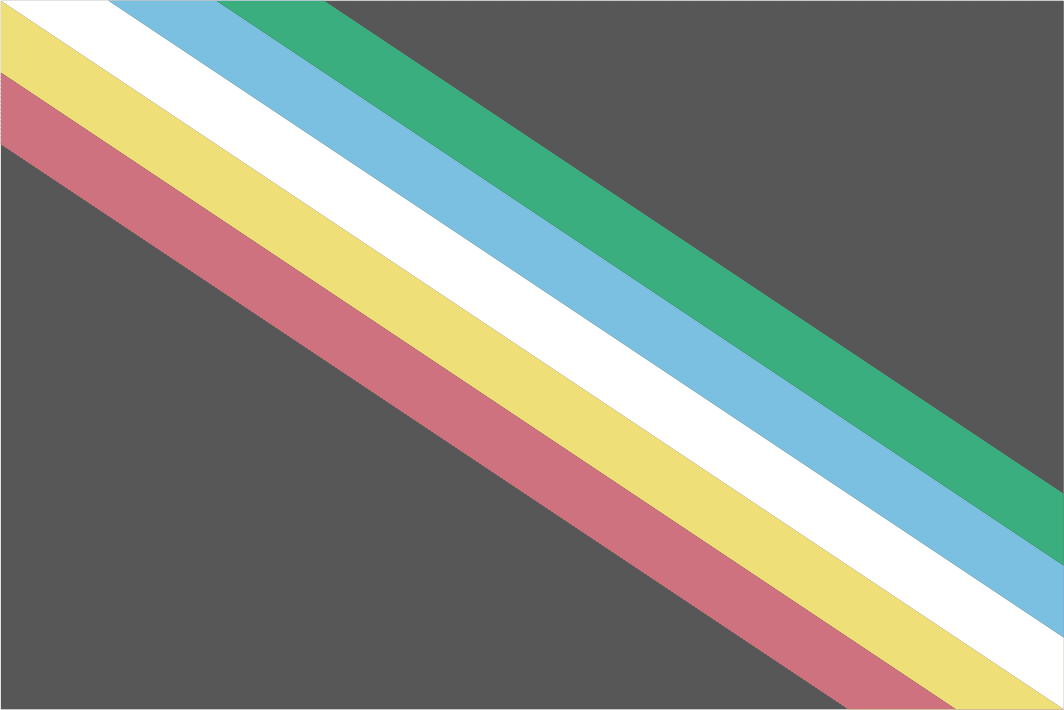
That’s a question I’ve pondered myself. It’s a concept that’s pretty foreign to me and my view of myself. We were taught from a young age to downplay our disabilities, to ignore them, to change our behaviour and to do anything we can to act like everyone around us. I’ve been in psychology for a long time, and it comes with its positives and negatives, but something that will always affect me is how psychologists used to treat my autism and my neurotype. Most of my sessions as a kid focused on changing my behaviours, changing how I reacted to things, changing how my own thoughts worked and which ones I should even acknowledge and which I should ignore and push deeper into my psyche. To complement, at school we learnt quickly to mask our true selves, to construct such a different personality and way of being that when we get home or when we have a break from school, we don’t even know who we are anymore. I forgot who I was as a person, without meeting other disabled people I don’t think I would’ve rediscovered my true self on my own. But non-disabled people still don’t seem to think any of this is wrong. Parents still spend their time in community forums asking how they can fix their children, how they can make them act like their peers. I think the only way we can break this cycle is by trying to change our attitudes towards ourselves…
I think the first step to reshape how we’re treated in society is accepting who we are. This doesn’t need to come from a place of joy or ego but rather from a place of radical acceptance. No matter what we do, which doctor we see or what comment someone makes straight to our faces, we will always be different. We will always be disabled. It’s not a matter of choice; it’s a matter of fact. Most of us have spent our lives running from who we are, but at some point, we need to take a break. We need to realise that no matter how far we run, we will still be ourselves. So, I’ve made the decision to accept who I am, to begin to feel pride in my identity, to be openly disabled and proud. It’s not easy, it never will be, and it will open us up to even more ableism. But the truth is, if we don’t accept ourselves for who we are, then no one else will – we’ll spend the rest of our lives hoping to be accepted in a world where we can’t even accept ourselves.
So, find other disabled people, find other people like you. Speak with them, talk about your shared experiences and trauma – but do so intending to try and understand yourself and working towards accepting who you are. It won’t be easy, it won’t just happen on its own, but with enough validation and acceptance from other disabled people, I think over time being able to accept yourself gets easier and easier. July was disability pride month and for the first time I think I was actually proud of who I am, what I’ve achieved and who I’m becoming. I hope you can too with time, and if our community can begin to accept ourselves then I think that’s just the first step towards being accepted and validated by the non-disabled community. But even if that never happens, the important thing is we have pride in ourselves, in our community, and that’s frankly all that matters.
Written by Joshua Nichols
Views: 569
